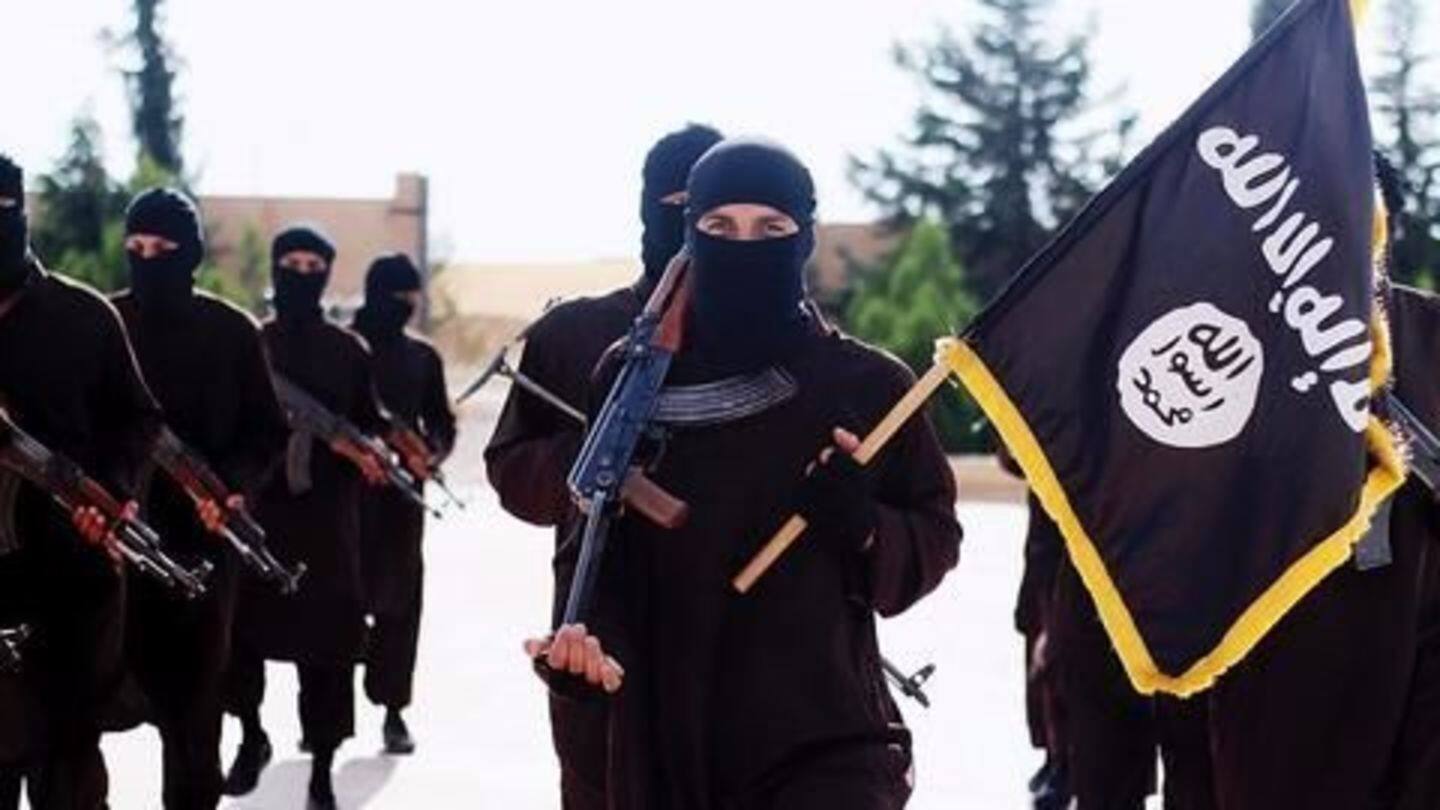
ISIS chief in Afghanistan killed last month
What's the story
On April 27, the head of ISIS in Afghanistan, Abdul Hasib was killed in a joint Afghan and US Special Forces operation in Nangarhar province, US and Afghan officials have confirmed. Hasib was appointed leader last year following his predecessor Hafiz Saeed Khan's death in a US drone strike. Hasib is allegedly behind a series of high profile attacks in Afghanistan.
13 Apr 2017
US drops "biggest" non-nuclear bomb on ISIS tunnels in Afghanistan
On April 13, the US military dropped the largest non-nuclear bomb in Afghanistan. The Massive Ordnance Air Blast (MOAB), nicknamed "mother of all bombs," was reportedly targeted at ISIS tunnels in the Achin district of the Nangarhar province. This was the first time the 9500kg MOAB had been used in battle.
ISIS in Afghanistan
ISIS' presence and influence in Afghanistan growing
ISIS first emerged in Afghanistan in 2015 and its popularity is growing as it pays more than the Taliban. A US official said there are around 600 to 800 ISIS fighters in Afghanistan. The US military believes ISIS has emerged from former members of the Pakistani Taliban and Islamic Movement of Uzbekistan. The Taliban fiercely opposes ISIS and has clashed with it.
Confirmed
There was speculation over Hasib's death, now confirmed
A US defense official had said last month that it's possible that Hasib had been killed in the joint American-Afghan military operation, which had left two US army Rangers dead. However, his death was only confirmed by US and Afghan officials on Sunday. "This is the second ISIS-K emir we have killed in nine months," said General John Nicholson, Commander US Forces - Afghanistan.
Explained
How was Hasib killed?
On April 27, US army rangers and Afghan commandos were airdropped into Nagarhar, a mile or so from the site where the US dropped MOAB on April 13. The US and Afghan forces came under heavy fire, prompting them to call air support by F-16 fighter jets, drones, Apache helicopters and other aircraft. The raid targeted Hasib but also left 35 ISIS-K fighters dead.
Details
Hasib ordered beheadings, kidnapping and forced marriages of women
Afghan President Ashraf Ghani had earlier said Hasib had ordered the March 8 attack on a military hospital in Kabul. In the attack, gunmen disguised as medical personnel, left 30 medical staff and patients dead. Hasib had also ordered ISIS fighters to behead local elders in front of their families and force women and girls to marry militants after kidnapping them.